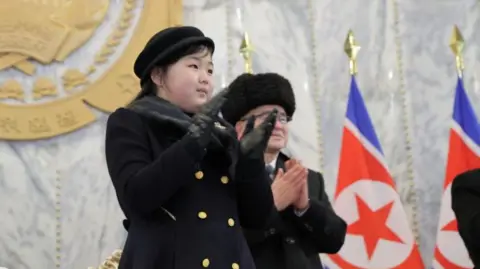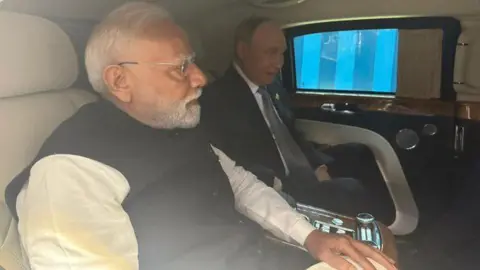The Dalai Lama, during a celebratory video message in honor of his 90th birthday, has officially confirmed that he will have a successor, quelling debates about the future of the 600-year-old institution following his death. Followers gathered in Dharamshala, India, to witness this anticipated announcement, where the Dalai Lama emphasized that only the Gaden Phodrang Trust can appoint the successor without any outside interference.
Traditionally, Dalai Lamas are believed to be reincarnated after their death, a concept further complicated by the current geopolitical situation following China’s annexation of Tibet in the 1950s. China promptly dismissed the Dalai Lama’s assertion, claiming any successor must receive state approval and be named within China.
The Dalai Lama, in his recently broadcast message, maintained his belief that the institution will persist, stating that the trust will manage the search for his reincarnation following established traditions. His remarks came during the ongoing celebrations of his 90th year, which are set to draw over 7,000 guests, including notable figures like actor Richard Gere.
The Tibetan spiritual leader has faced a turbulent choice regarding his legacy, previously pondering the possibility of a female successor or even the cessation of the position. Nevertheless, with support from the Tibetan diaspora growing, he affirmed that if there was backing for the successor's role, it would continue. This sentiment echoes among followers, many of whom express relief at the confirmation.
“This announcement brings immense joy to us all,” shared Tsayang Gyatso, a Tibetan businessman, at the event. He appreciated the clarity provided by the Dalai Lama, particularly in light of China’s efforts to influence succession processes.
Robert Barnett, a Tibet scholar, remarked that the Dalai Lama’s message subtly confronts China’s authority in the region, reaffirming that decisions regarding his reincarnation rest with the Tibetan community rather than the Chinese government, a fact he believes is essential for establishing legitimacy.
However, experts predict that the Chinese government could attempt to designate their own version of a Dalai Lama, a move that is expected to be widely rejected not only by Tibetans but also by the global community.
Youdon Aukatsang, a member of the Tibetan parliament-in-exile, insists that whatever choice China makes will lack credibility within Tibetan circles. Despite worries over Beijing's potential influence, the unwavering belief in the Dalai Lama's reincarnation persists among many adherents worldwide.
Traditionally, Dalai Lamas are believed to be reincarnated after their death, a concept further complicated by the current geopolitical situation following China’s annexation of Tibet in the 1950s. China promptly dismissed the Dalai Lama’s assertion, claiming any successor must receive state approval and be named within China.
The Dalai Lama, in his recently broadcast message, maintained his belief that the institution will persist, stating that the trust will manage the search for his reincarnation following established traditions. His remarks came during the ongoing celebrations of his 90th year, which are set to draw over 7,000 guests, including notable figures like actor Richard Gere.
The Tibetan spiritual leader has faced a turbulent choice regarding his legacy, previously pondering the possibility of a female successor or even the cessation of the position. Nevertheless, with support from the Tibetan diaspora growing, he affirmed that if there was backing for the successor's role, it would continue. This sentiment echoes among followers, many of whom express relief at the confirmation.
“This announcement brings immense joy to us all,” shared Tsayang Gyatso, a Tibetan businessman, at the event. He appreciated the clarity provided by the Dalai Lama, particularly in light of China’s efforts to influence succession processes.
Robert Barnett, a Tibet scholar, remarked that the Dalai Lama’s message subtly confronts China’s authority in the region, reaffirming that decisions regarding his reincarnation rest with the Tibetan community rather than the Chinese government, a fact he believes is essential for establishing legitimacy.
However, experts predict that the Chinese government could attempt to designate their own version of a Dalai Lama, a move that is expected to be widely rejected not only by Tibetans but also by the global community.
Youdon Aukatsang, a member of the Tibetan parliament-in-exile, insists that whatever choice China makes will lack credibility within Tibetan circles. Despite worries over Beijing's potential influence, the unwavering belief in the Dalai Lama's reincarnation persists among many adherents worldwide.





















